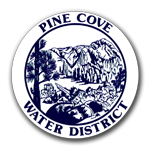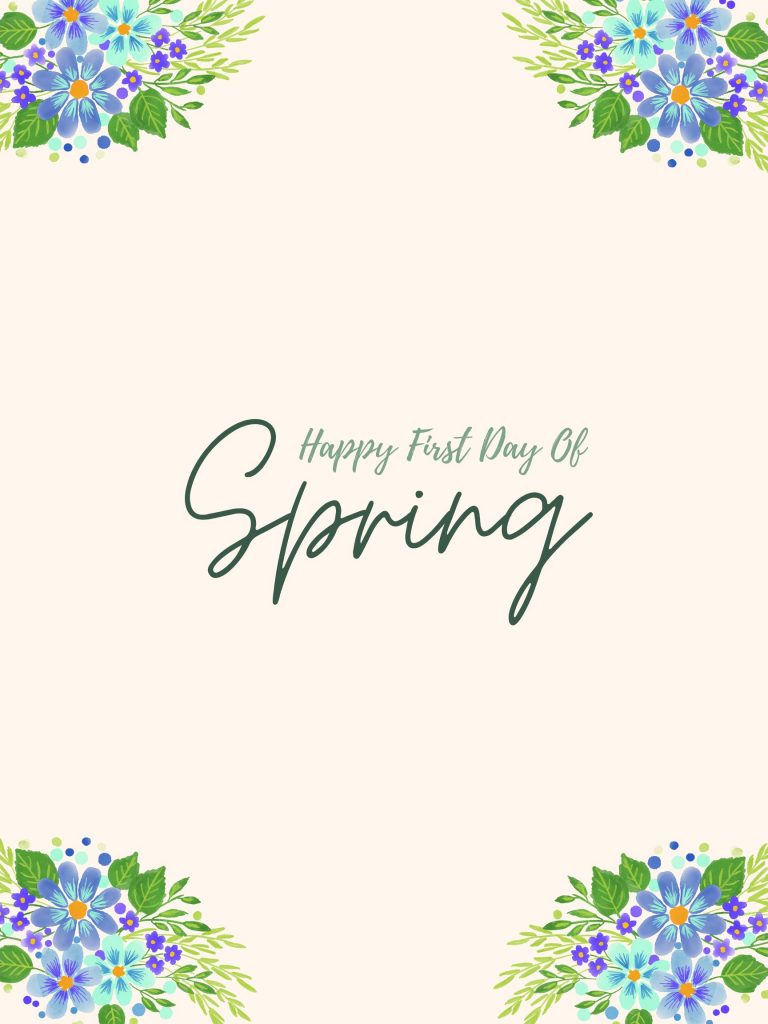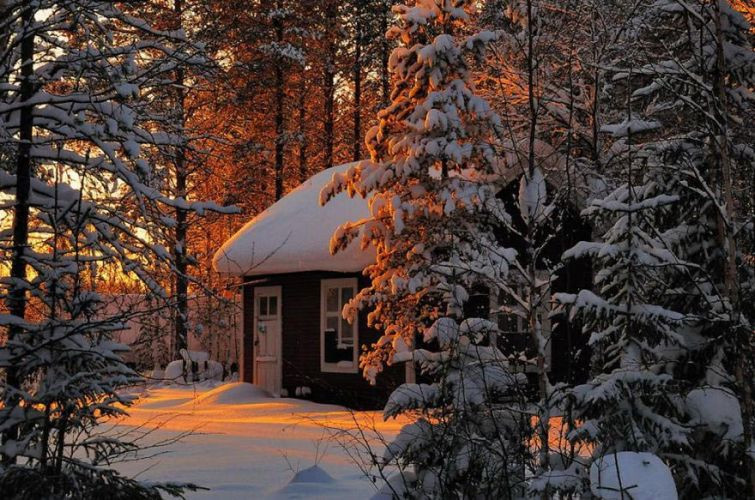April Billing
Hello Residents of Pine Cove!
May billing (due May 1, 2025) has gone out. If you get emailed bills, you may have already received yours. The mailing included Customer Care Information which you can view here, as well as information on shutting off your water valve which you can read about here.
The bi-monthly minimum is $80.00 for two month billing period, excluding any water usage. Water usage is billed as follows:
$8.00 per thousand gallons from 0 to 7,500 gallons
$10.00 per thousand gallons from 7,500 to 15,000 gallons
$12.00 per thousand gallons over 15,000
Water bills are mailed around the 1st of the Billing Month (even months). All bills are due and payable by the 1st of the following month (odd months). Any bill not paid by the due date will be termed delinquent and subject to a $15.00 late fee and/or termination. If shut off, a reconnect fee of $90.00 will be charged, in addition to the current amount due, to re-establish service.
There are several ways to pay your bill. ACH Auto Draft is a free service; the payment is automatically taken out of your bank account (filled out form required). You can log on to your account online, and pay with a Visa/Mastercard/Discover, or E-check. To register your account online, you will need your account number. Go to Customer Portal. You can come into the office and pay by check, cash, or card (one person at a time). Call with a credit/debit card (Please note that there is a convenience fee). Drop payments thru the slot on the front door or mail a check or money order.





